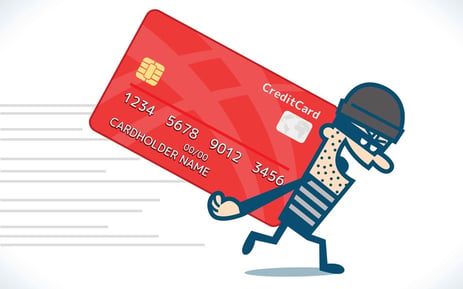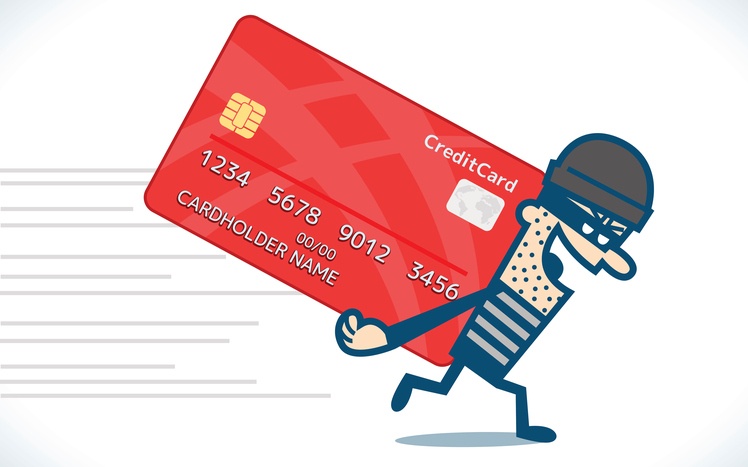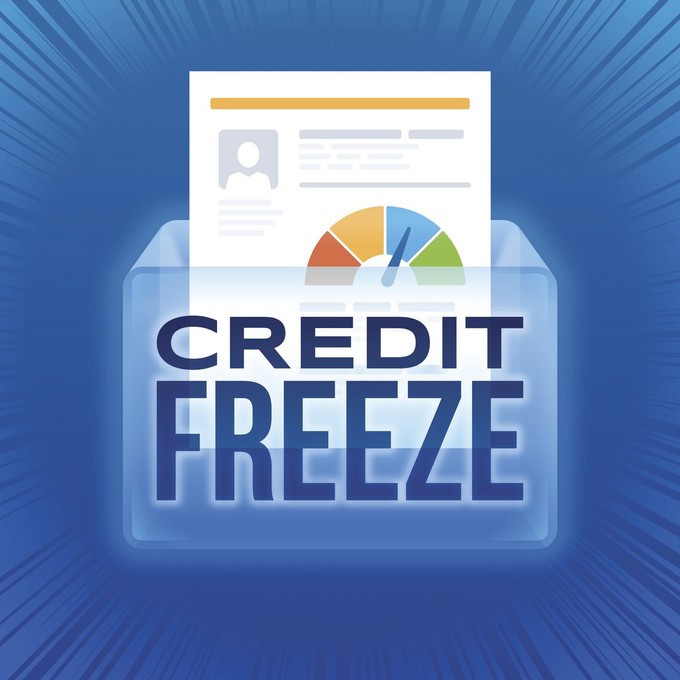
Equifax announced earlier this month that 143 million US-based users had their personal information compromised this year. Attackers reportedly exploited a vulnerability on Equifax's website to steal names, Social Security numbers, birthdates, addresses, and, in some cases, driver’s license numbers. Credit card numbers for approximately 209,000 people and certain dispute documents with personal identifying information for approximately 182,000 people were also accessed.
- What can you do to protect yourself?
Check with Equifax to see if you have been impacted. Start by clicking on the "Am I impacted?" button. - Decide if you want to enroll in credit monitoring. According to Equifax, if you were impacted by the breach, you can enroll in FREE credit protection and monitoring. Once you receive a signup date for the service, you will be given the option to register for one year of free credit monitoring on or after that given date.
- Protect your money. You can activate two-factor authentication for critical financial accounts, place a fraud alert on credit reports, and secure your smartphone and email.
- Place a security freeze on your credit files. Keep fraudsters from opening new accounts in your name and block your credit history by applying a credit file freeze at Equifax, Experian and TransUnion. Three important points regarding security freezes you should be aware of:
- A security freeze may not protect you from every identity fraud. Consumer Reports wrote a good article on that here.
- If you're looking to buy a home or car, you must remove the freeze to allow financial lenders access to your credit information.
- Depending on where you live, there may be a fee to apply, and in some cases, remove the service from your credit file. Equifax however said it would not charge for credit freezes for those affected by the breach.
- Need help deciding which credit protection option is best for you? Learn more about the differences between a security freeze and a fraud alert.




